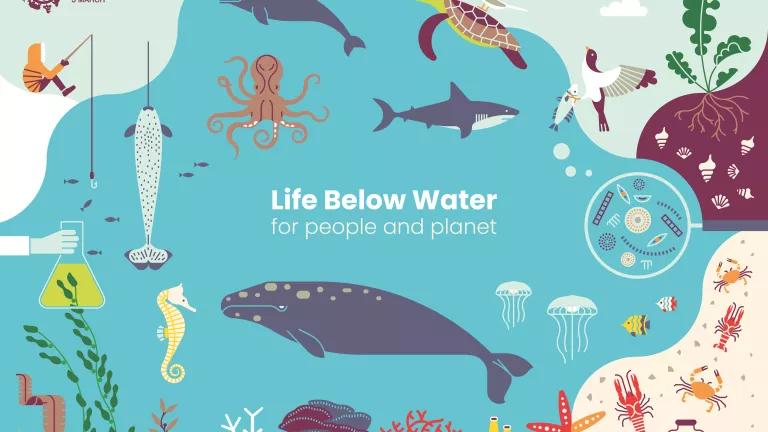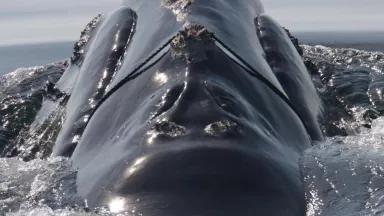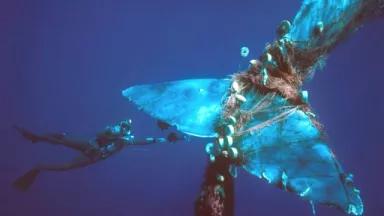Ban Bycatch: The United States Must Ban Seafood Imports from Countries Failing to Protect Marine Mammals
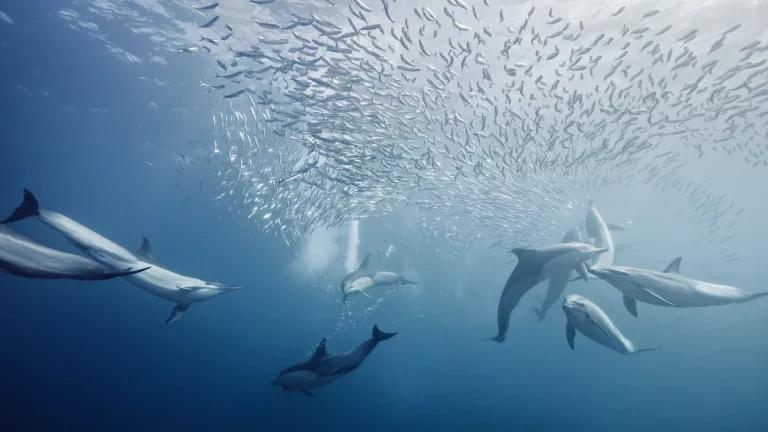
Dmitry Miroshnikov/Getty Images
Global fisheries kill or seriously injure more than 650,000 whales, dolphins, and other marine mammals annually by hooking, entangling, or trapping them in fishing gear. Legally, the U.S. government has had an obligation since December 1972 to reduce this bycatch by banning fish imports that fail to meet U.S. bycatch standards. However, the U.S. government has historically failed to enforce this rule for all imported fish and fish products. During these decades of negligence, tens of thousands of marine mammals have died every year in excess of U.S. standards, consumers have been unknowingly supporting the killing of marine mammals around the world, and U.S. fishers have invested millions of dollars to meet standards while the government has applied no standard to imports, creating unfair competition.
The U.S. government will finally apply the Marine Mammal Protection Act’s bycatch standards to all seafood imports on January 1, 2026. In advance of this rule going into effect, NRDC and its partners assessed 11 countries on their ability to meet U.S. bycatch standards. Our assessment of publicly available data from these countries revealed that it is unlikely any of them can demonstrate that all of their fisheries’ exports to the United States are meeting U.S. standards for marine mammal bycatch. It also is likely that the United States must ban imports of wild-caught fish and fish products from most countries unless they take additional action in the coming years, enabling them to show they are meeting U.S. standards.
NRDC’s analysis—along with country assessments for Canada, Ecuador, Fiji, France, India, Indonesia, Mexico, Norway, South Africa, South Korea, and the United Kingdom—can be found here.
Downloads
Related Resources

Biodiversity 101
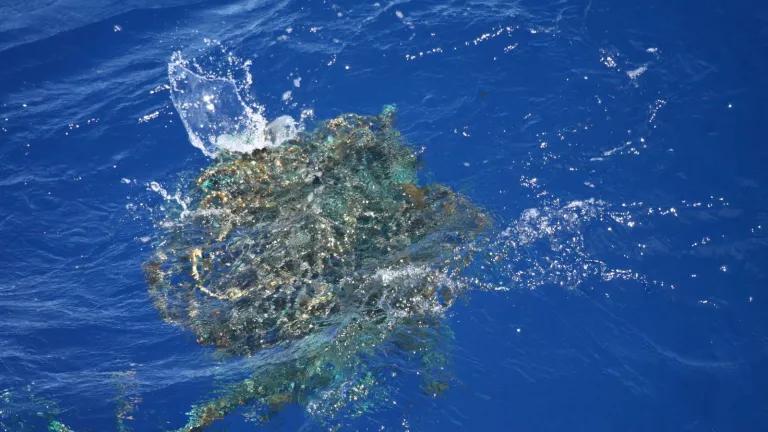
Seafood Choices: Lots to Consider, Many Tools

A Side of Dolphin with Your Shrimp Cocktail
